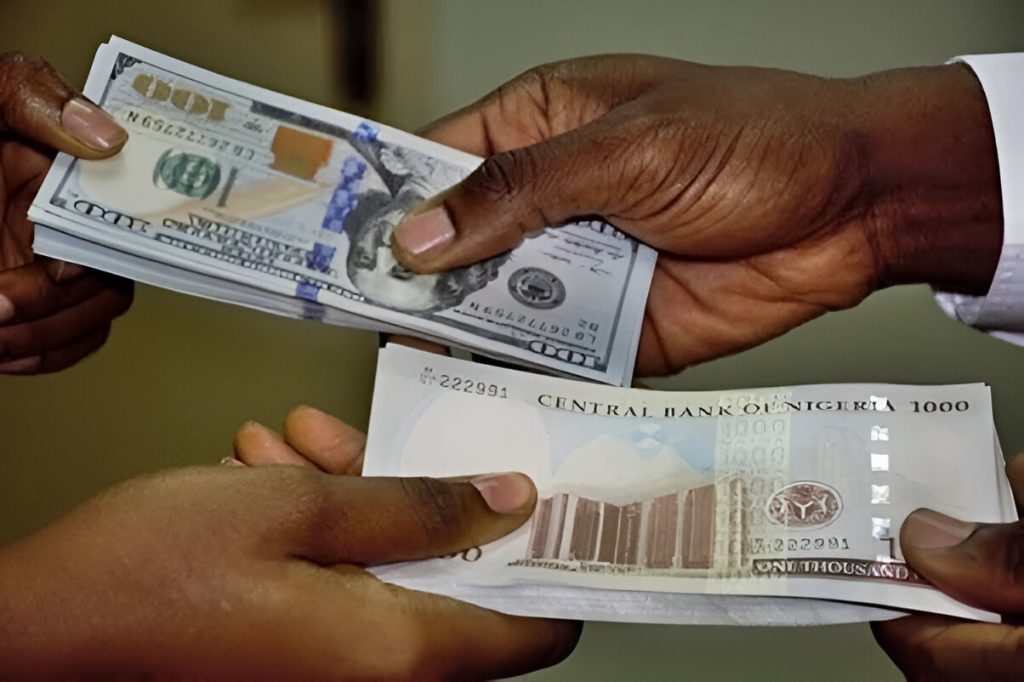The Nigerian naira started the week on a weak note, depreciating to ₦1,536.89/$ by Friday, down from ₦1,517.93/$ in the previous session. The decline followed reports that negotiations on the naira-for-crude deal between the Nigerian National Petroleum Corporation Limited and local refineries had stalled. Additionally, Dangote Petroleum Refinery temporarily halted petroleum product sales in naira, citing a currency mismatch, adding further pressure on forex demand.
The Central Bank of Nigeria (CBN) has been injecting FX liquidity into banks and Bureaux De Change to stabilize the naira, but analysts caution that without structural reforms, these efforts may only offer temporary relief. While the parallel market saw some recovery, with the naira closing at ₦1,568/$ (a 0.77% appreciation), Afrinvest projected a stable outlook supported by continued CBN interventions.
Meanwhile, CBN foreign reserves dipped by 0.06% to $38.35bn, reflecting the bank’s ongoing efforts to defend the local currency amid weak FX inflows. Experts also note that foreign portfolio investors remain hesitant, citing concerns over declining oil revenue and macroeconomic uncertainties.
As an oil-producing nation, Nigeria remains highly exposed to external shocks, including geopolitical tensions. Brent crude oil prices rose 3% to $85.00 per barrel, driven by fresh US economic sanctions on Iran and OPEC+ reaffirming production cuts until June 2026 to stabilize global markets. With oil receipts playing a crucial role in Nigeria’s FX supply, further volatility in the global oil market could impact the naira’s performance in the coming weeks.

